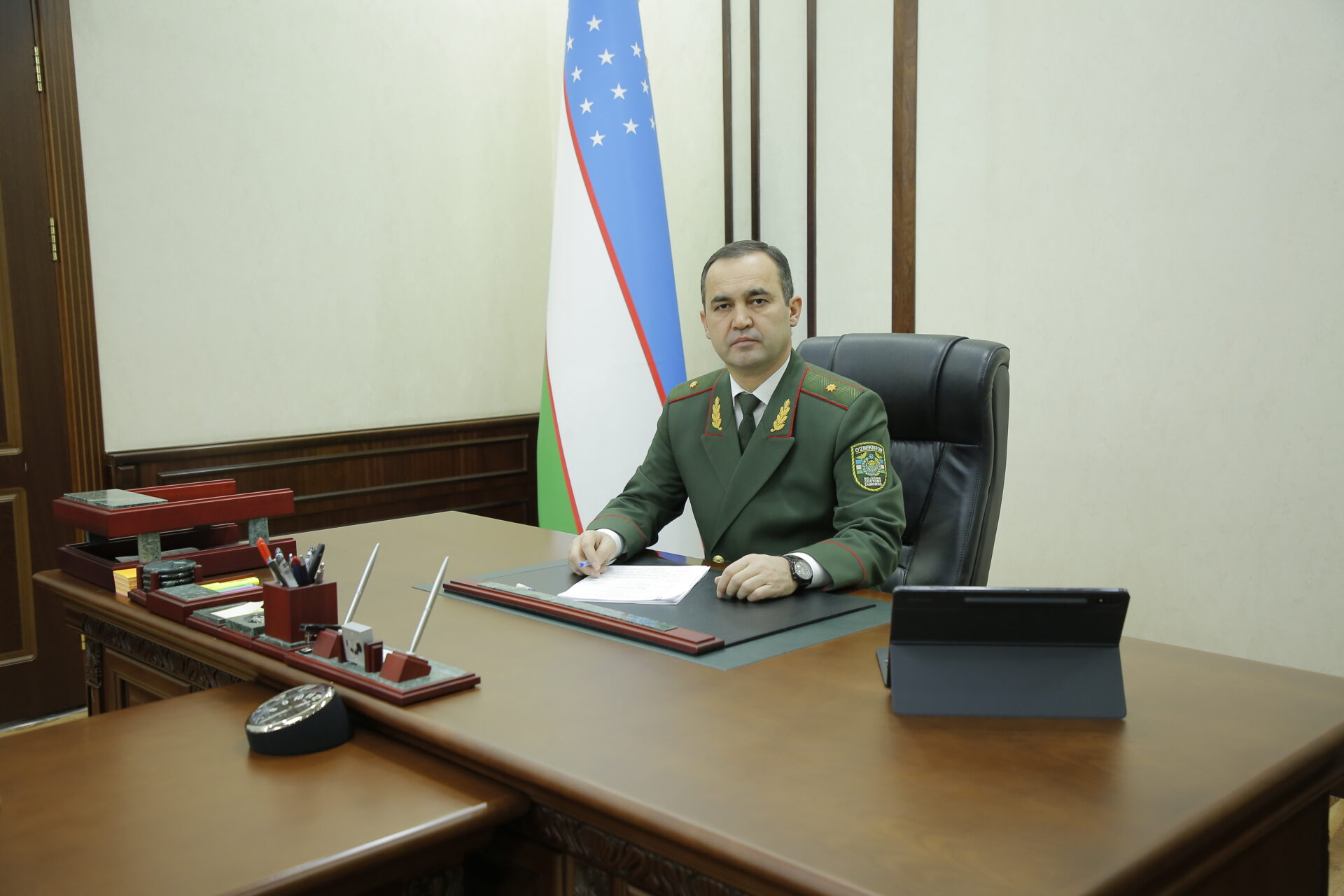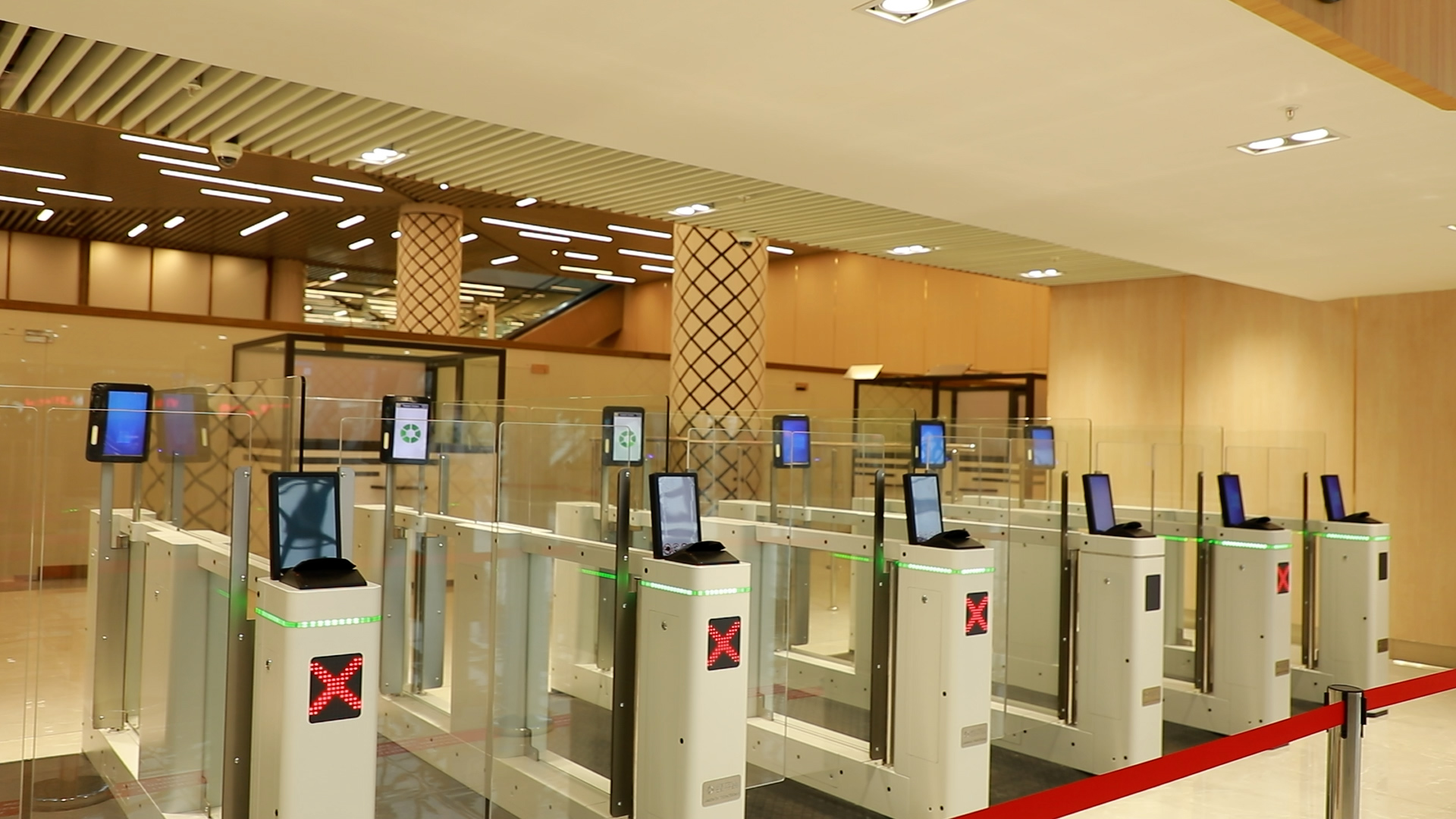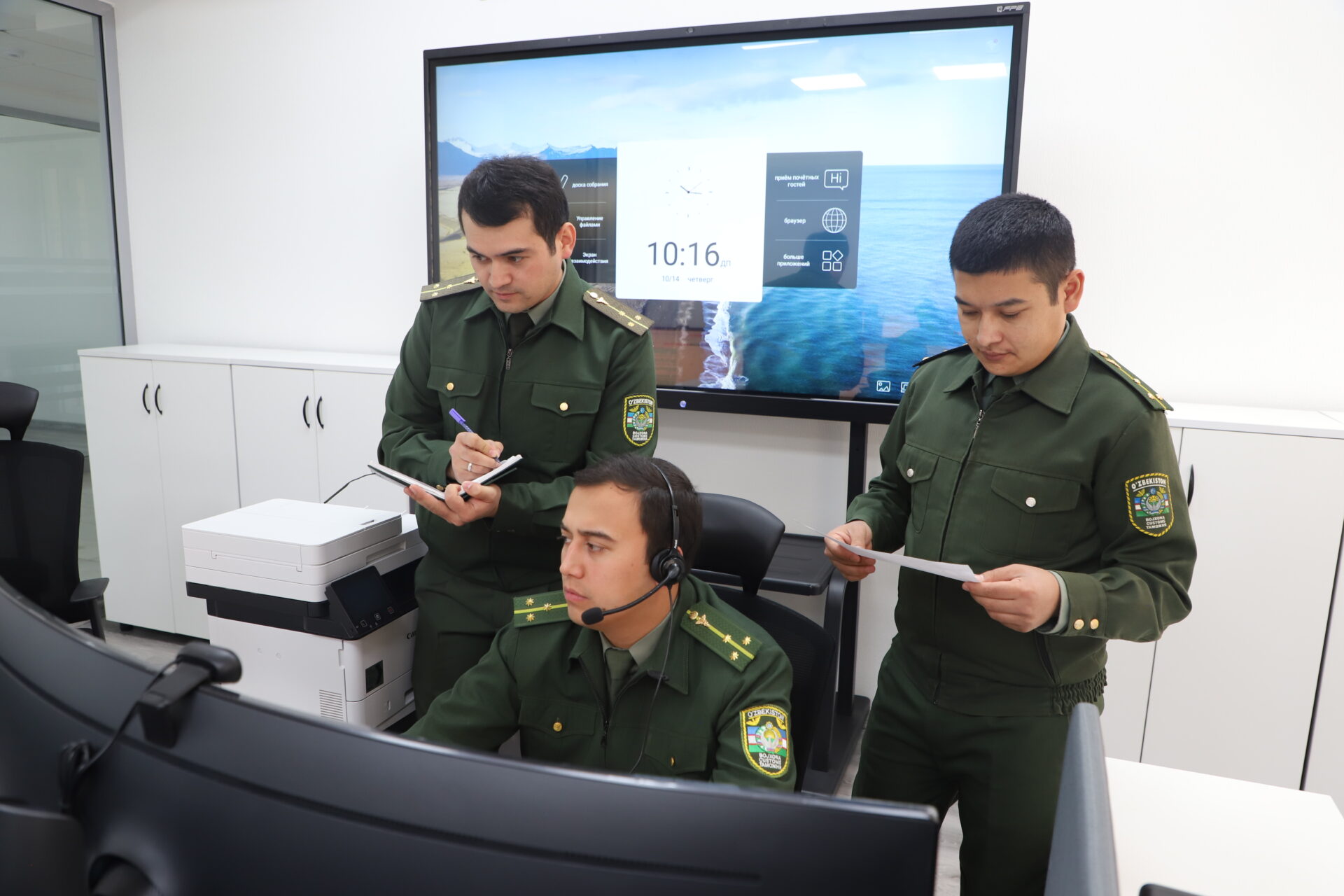In recent years, Uzbekistan has carried out large-scale reforms in all spheres. Favourable conditions have been created for the active development of entrepreneurial activity and tourism which have affected the foreign trade of the Republic of Uzbekistan. The customs authorities are also no exception and the reforms carried out are aimed at improving activities for:
– ensuring effective customs control
– simplification and acceleration of trade and customs clearance procedures
– removal of barriers
– ensuring openness and transparency
– introduction of contactless forms of interaction between customs authorities and participants in foreign economic activity
– development of criteria for determining conscientious participants in foreign economic activity, applying a simplified procedure for customs procedures in relation to them
An example of this is the adoption of new regulatory legal acts, which make it possible to significantly simplify the procedure for customs administration. Over 10 permits issued by customs and other regulatory authorities have been cancelled. A new procedure has been introduced in order to simplify the conduct of import-export operations both in customs and other certification bodies.
The most significant role here was played by the introduction of a risk management system. This system was developed by the State Customs Committee based on the results of studying the best practices of developed countries, and introduced in a pilot mode since 2018, and since April 1, 2019 it has been operating in full mode. Thanks to this, it became possible to exclude one hundred percent total physical control.
It is worth noting another significant change. This is the introduction of the automated system "Single Window", which was launched in full mode on January 1, 2020. This system was also created and implemented by the State Customs Committee on the basis of the Recommendations developed by the UN Center for Trade Facilitation and Electronic Business.
Along with this, a number of activities are being carried out aimed at encouraging the law-abiding and conscientiousness of foreign economic activity participants. In particular, from May 1, 2019, the institute of authorized economic operators has been introduced in the customs authorities. Currently, 55 business entities have been assigned the status of operators, which are provided with special simplifications in the form of the least physical control, deferred payments without security, unloading goods to their own warehouse, etc.
From April 1, 2022, the "Remote Customs Control" system was introduced at the international airports of Tashkent, Samarkand and Termez. This system determines the receipt of preliminary information about passengers and the essence of which is to ensure customs control of the actions of passengers and their luggage through the use of innovative information systems. By the end of 2023, it is planned to launch this system at all international airports of the Republic.
Customs authorities are now actively working on the digitalization of all processes. In the near future, it is planned to increase the scale of digitalization of customs authorities to 100%. Now, new information systems "E-Transit", "Archive", "Cargo Operations" and others have been launched in pilot mode. Information systems with which almost all customs authorities are equipped today make it possible to automate and ensure the security of all customs clearance procedures. An exchange of information has been established with 7 countries and agreements have already been signed with another 5 countries.
On December 21, 2020, Uzbekistan joined the International Convention on the Simplification and Harmonization of Customs Procedures (Kyoto Convention). Based on this, many provisions of the Kyoto Convention have been implemented in the national legislation of the Republic of Uzbekistan. One example is the introduction of the institution of "Post clearance audit".
Since April 1, 2021, the post clearance audit information system has been put into practice. In particular, this system automatically selects participants in foreign economic activity in accordance with criteria developed on the basis of risk analysis data without taking into account the human factor. All documents related to the post clearance audit are filled in and executed electronically, and sent electronically to the personal account of foreign economic activity participants. The results of the post clearance audit carried out are recorded in the risk management information system and are used to assess the activities of a foreign trade participant.
Over the past period of 2022, customs officials conducted a customs audit in respect of 180 foreign trade participants, as a result of which:
17 (9.4%) participants in foreign economic activity received a negative assessment
163 (90.6%) participants in foreign economic activity - positive
Also, this system provided an opportunity to receive tax reporting from tax authorities, information on electronic invoices, violations identified in accordance with tax legislation, debts to tax authorities and other information online.
I would also like to mention the topic of lowering the customs value. One of the effective methods of combating understating the customs value is the risk management system. In the process of improving the risk management system in exports, a 2.5-fold increase in the automatic clearance of goods with a low level of risk was achieved, which amounted to 72 percent of the total volume of the green corridor. The expected result is an increase in this indicator to 80 percent by the end of this year.
Improvements and changes also did not bypass the risk management system at road and rail border customs posts, which led to a 3-fold reduction in CCD sent to the "red" corridor. Today, 97.2 percent of cargo passes through a simplified form of clearance in road transport, while this figure in border rail transport is 98 percent. The customs authorities of Uzbekistan are aimed at achieving the set goals in all areas of customs activity and making every effort to translate them into reality.
Content supplied by Uzbekistan Embassy in Brussels
Akmalkhuja MAVLONOV, Chairman of the State Customs Committee of the Republic of Uzbekistan, Major-General



